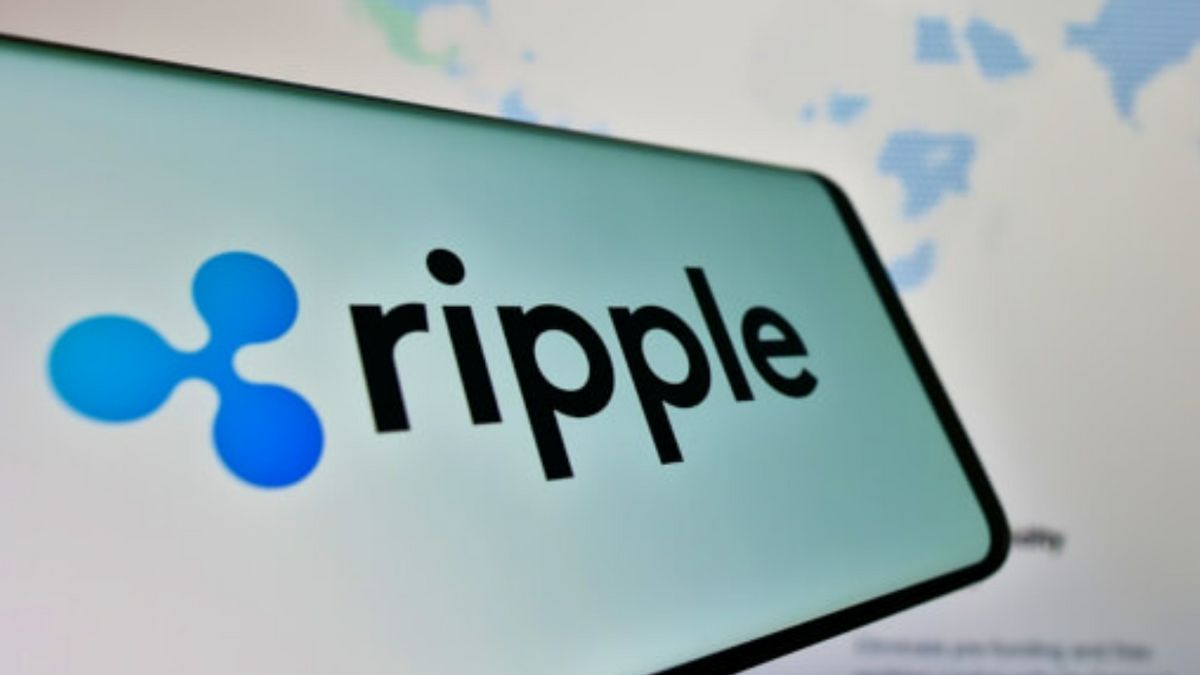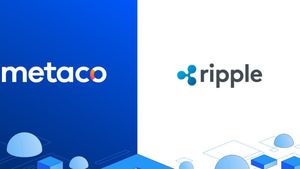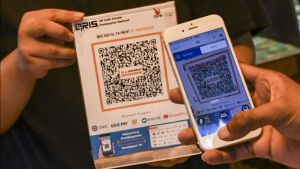JAKARTA The blockchain-based cross-border payment company, Ripple Labs, plans to launch a new platform for central bank digital currency or CBDC. Ripple's CBDC platform will reportedly be able to be used by relevant financial institutions such as central banks, financial institutions, and governments in launching digital money.
Previously, Ripple had collaborated with the Central Bank Montenegro for the development of a central bank digital currency pilot project (CBDC). For your information, the CBDC Ripple platform will support technology and infrastructure services for the central bank so that they can publish and operate their own CBDC.
Not only that, Ripple allows government financial institutions to manage CBDC independently. That means, they can print, distribute, and carry out burning or burning digital money mechanisms.
Ripple also offers a more secure and efficient CBDC transfer service between financial institutions. This is intended to encourage better transaction settlement.
SEE ALSO:
The central bank can issue CBDCs for wholesale or retail purposes, and users will be able to make offline transactions with their CBDCs, even without an internet connection. However, CBDC features and capabilities, including offline transaction support, will be determined by the decisions and requirements of each central bank.
Later, Ripple will demonstrate the use of this platform in e-HKD trials, the Hong Kong Monetary Authority program as a de facto central bank. In addition, Ripple is also working with Fubon Bank in Taiwan to convert real estate assets into tokens and develop stock trading products in e-HKD trials.
With this step, Ripple seeks to expand the implementation of CBDC and support digital financial innovation on a global scale. Ripple is designed to facilitate super-fast and low-cost transactions between countries by utilizing XRP as its intermediary.
The English, Chinese, Japanese, Arabic, and French versions are automatically generated by the AI. So there may still be inaccuracies in translating, please always see Indonesian as our main language. (system supported by DigitalSiber.id)
















